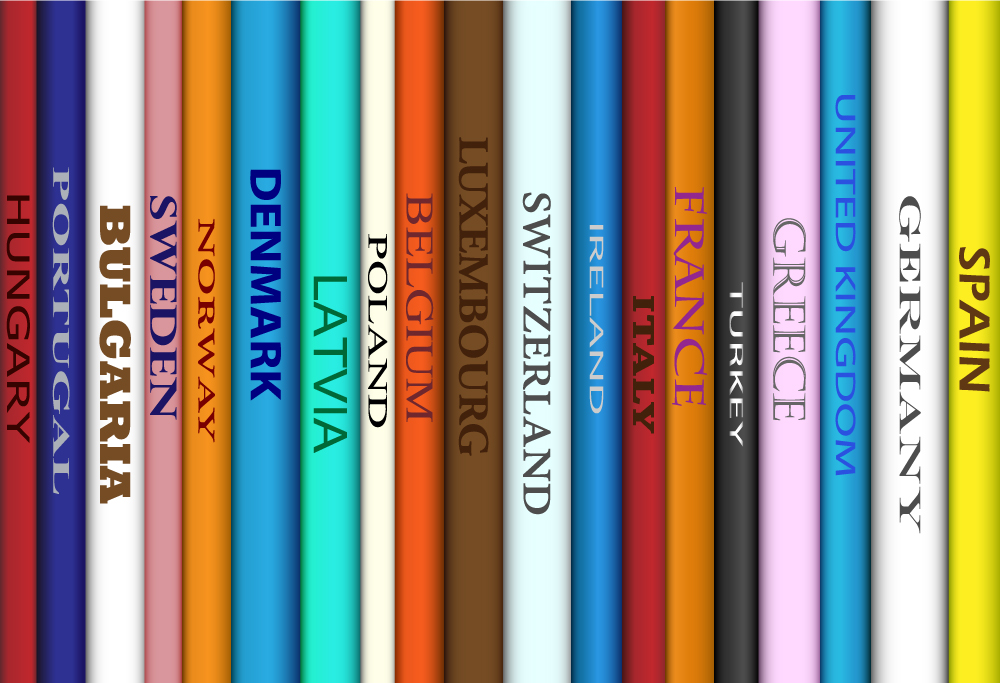STRIKING THE RIGHT BALANCE BETWEEN ACCESS, FAIR REMUNERATION AND AUTHORS’ RIGHTS
The EWC’s 2012 Authors’ Rights Conference, entitled Striking the Right Balance between Access, Fair Remuneration and Authors’ Rights, was held atthe European Parliament in Brussels, in June 2012. The event was a follow-up of the 2010 conference on Authors’ Rights in the Digital World held at the European Parliament in Brussels in April 2010.
Authors’ rights are at the heart of current European Union policy debates, due to the growing variety of emerging business and access models and forthcoming initiatives in the digital environments.
Therefore it is crucial for EWC to engage writers and literary translators in a direct dialogue with politicians who are very active in the European Parliament’s legislative processes, addressing authors’ rights in the contexts of legal and societal challenges and opportunities, of intellectual property rights, and in search of the delicate balance between authors, consumers and users of technology, or between the authors and readers/viewers.
The large scale digitisation of works that are copyright protected requires a multi-stakeholder approach and an understanding of the sustainable working conditions needed by writers, as in any other profession.
The social, cultural and legal aspects of access to culture need a very concrete focus in relation to copyright as an enabler for the creation and production of millions of works published in Europe in the present and the future.
Therefore, the general subject of Striking the Right Balance between Access, Fair Remuneration and Authors’ Rights was divided into four sessions:
1) to present what authors have done in collaboration with other stakeholders in support of EU initiatives for a better access to writers’ works, using the advantages of the digital innovations for the benefit of readers;
2) to formulate some of the key challenges faced by authors, and to put forward some suggestions on what can be done to ensure a better remuneration to sustain their creative work;
3) to put in the foreground the role of the collective management of rights from the authors’ perspective as an indispensable contribution to provide support to professional writers, and what is needed to go forward in the digital age; finally,
4) to carry out a discussion on the proposal around the copyright reform by the Pirate Party in Germany.
Several topics surfaced as major concerns and recurred in different contexts of the presentations, including but not limited to the following: the urgent need to address the production, distribution and uses of digital works, and in particular of eBooks at European level; the call for harmonisation of a set of basic guiding principles to correct the imbalance caused by the current unfair contractual conditions which set authors in a weaker negotiating position in the publishing agreements; the right of writers to form unions, and the question of free access which must not be confused with access free of charge.
Edited by Myriam Diocaretz, Brussels, EWC, 2012, 90 pp, ISSN 1560-4217
The European Writer Series ISSN: 1560-4217
Proceedings of the European Writers’ Council’s 2012 Authors’ Rights Conference.

